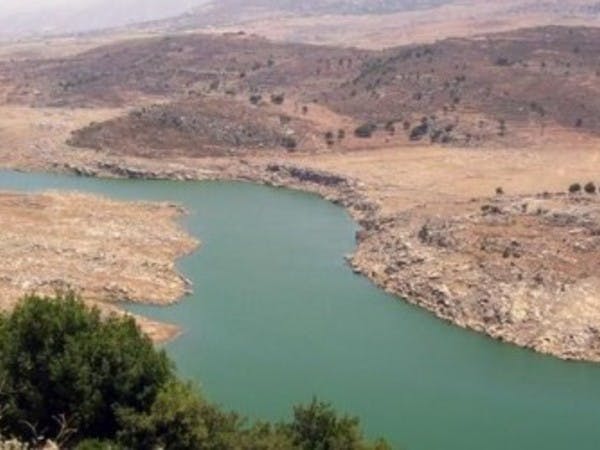
Lebanon is the most water-abundant country in the Middle East and North Africa region which is considered the world’s driest region. Despite this fact, the Greater Beirut area, home to 40% of the Lebanese population, has been suffering from shortages in potable water for the last forty years. This is mainly due to the lack of proper water storage facilities, increased demand and inefficient distribution networks, all compounded by many decades of political conflict in the country. The Greater Beirut Water Supply Project (GBWSP) aims to overcome this shortage by providing potable water from the Litani and Awali rivers to the residents of the Greater Beirut area and the low-income neighborhoods of Southern Beirut.
The Lebanese Government has been considering the project since the 1960s, and in the 1990s, the World Bank became involved through the provision of technical assistance but then dropped the project before any financing for implementing the project was disbursed. In 2010, the project was brought back to the Bank’s attention, and the Bank designed the GBWSP to help the Lebanese government overcome its pressing need to deliver clean and reliable water to the citizens of Greater Beirut. The Bank’s Board of Directors then approved the project on December 16, 2010.
The GBWSP, which consists of a series of tunnels, water treatment plants, reservoirs, a distribution network, and metering, is designed to meet Greater Beirut’s demand for 250,000 m3 of water per day. The total cost of the project is $370 million, of which $200 million will be provided by the International Bank for Reconstruction and Development (IBRD) in the form of a Special Investment Loan. The rest will be financed by the Government of Lebanon (GoL) and the Beirut Mount Lebanon Water Establishment (BMLWE). Lebanon’s Ministry of Energy and Water (MoEW) will be responsible for executing the project and will delegate implementation, monitoring and reporting responsibilities to the Council for Development and Reconstruction (CDR) and the BMLWE.
On November 4, 2010, a Lebanese citizen representing himself and 50 other Beirut inhabitants submitted a complaint to the World Bank’s Inspection Panel against the GBWSP. On November 11, 2010, the Inspection Panel officially registered the case by posting a “Notice of Registration” on its website that provided a summary of the request and notified the Bank’s management that it had 21 working days to respond to the complaint. The timing of this case was unique in that the Bank’s Management was expected to provide its response before the scheduled Board date for the project itself. In most cases, complaints come to the Inspection Panel after the Board has already approved a project. The project was approved by the Bank’s Board of Directors on December 16, 2010 despite lobbying efforts by civil society to push for the postponement of the approval date. Regardless, the Inspection Panel process is not hampered by the approval of a project and the Panel process for the GBWSP case will continue.
The citizens’ complaint questions the rationale behind the choice of the Litani and Awali rivers as the sources of water for the project, given that there are alternative water sources that are closer to Beirut than the Litani and Awali. Other concerns include the high pollution affecting the water sources, the potential impact of the project on agriculture-dependent communities, the high cost of the project and the resulting high tariffs that will be burdened by Lebanese citizens, and other social and environmental impacts. The complaint also touches on a number of possible Bank policy violations that the Inspection Panel has laid out in its Notice of Registration.
Projects financed by the World Bank should adhere to a strict set of environmental and social safeguard policies and procedures. In cases of possible violations, and after attempting and failing to resolve the concerns with the Bank’s Management, people from affected communities may submit complaints to the World Bank’s Inspection Panel. This is an independent body through which citizens harmed by World Bank-financed projects are able to submit their complaints and grievances.
BIC’s Middle East and North Africa (MENA) Program has been following the project’s developments closely and provided the complainants with information about the World Bank policies that govern projects. BIC/MENA has also been following the Inspection Panel process closely. See the Action section for updates on the process.